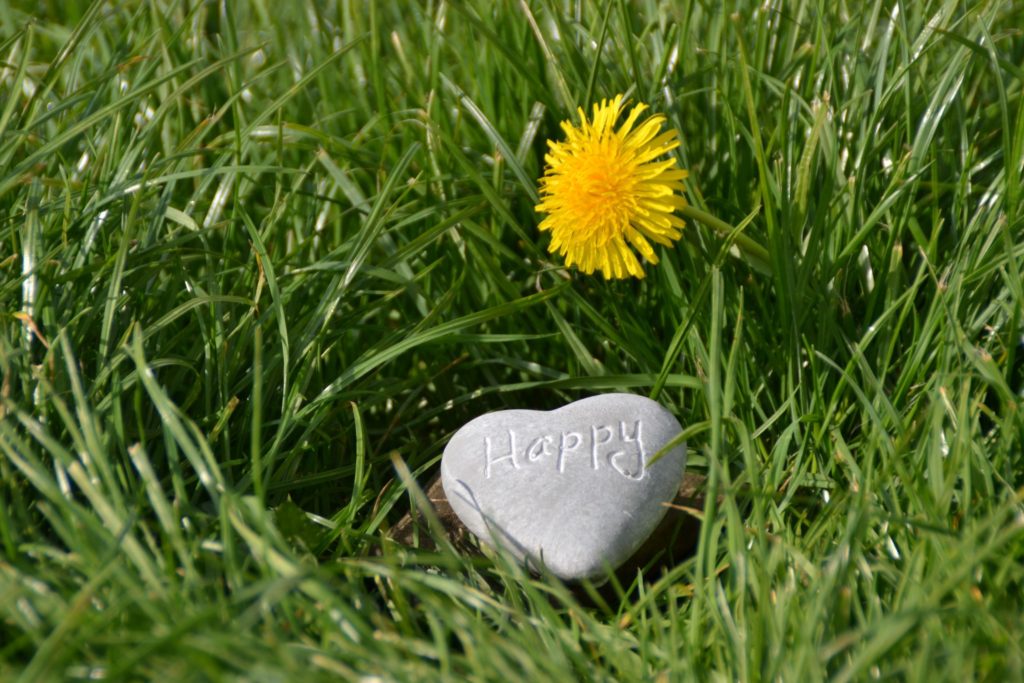Listen and you might hear

Reading between the lines of your children’s new years’ resolutions can actually tell you so much more than your child will ever do. So, even if you have a child that doesn’t ‘open up’, it’s time for parents to listen up and see how we can help them more in 2021. Our Head of Brand, Marketing and Communications Jo, shares her recent experience.
Resolutions are a really great way for us to all reset, take stock of the past year and celebrate the good, and move forward. While the world makes resolutions promising to ‘give up’ bad habits, negative behaviours and that which doesn’t serve them well, it’s actually a great time to talk to our kids about fresh starts. And importantly, start the new year with positive intentions. It’s useful to consider how we think about positive intention too… ‘giving up’ something that is habitual, is not nearly as easy as ‘taking up’ something that will serve you well. So when your children are considering this coming year, why not help them set positive intentions, rather than daunting challenges. Far easier than ‘not shouting’ is the intention to ‘communicate more gently’, ‘not eating chocolate’ far more challenging than ‘making healthy food choices’. Developing a positive outlook is as important a lesson for your kids as understanding that they can reset, that their brains can create behavioural change, and that with self-belief, perseverance, and determination, they can succeed in their challenges.
As a mum of three boys aged 9, 11 and 13, I’m constantly battling to understand them. Don’t get me wrong, as mums go (according to my oldest) I’m way more ‘in touch’ than other mums. Apparently, I’m super cool, and really fun (I’ll take that thanks) and importantly I’m really easy to talk to. But the thing is, my kids just don’t like to talk, or certainly rarely admit that they have any emotional needs. Yep, they are boys boys, who believe that everything is ‘no big deal’ and who dare not show ‘weakness’ in front of their siblings in case the other two ‘laugh’. So, I’m stuck with this façade being played out in front of me – I can see their pain and angst and all I want to do is be there for them, and they often won’t open up.
My youngest is the easiest one to engage with emotionally. Since working for The Happy Confident Company, he’s been heavily involved in all of the products developed so is becoming used to connecting emotionally, and he better understands the importance of it. In itself this has been an incredible journey as it’s shown me first-hand that when parent and child are on the growth journey together, it’s all the more powerful. And the earlier you embark on this journey together, the stronger and more connected it is.
That being said, it was only when I asked him on New Year’s Day if he’d made any resolutions and whether he wanted to share them, that I realised just how tough on himself he is, and how self-critical he is of himself. This, small exchange was one of the most important conversations I have had with him. And to help others, I thought I’d share his list, and what I have understood by listening.
| What was said | What I understood |
| Be kinder to my brothers | He thinks he’s mean to his brothers |
| Be less angry | He struggles to control his anger |
| Get better at maths | He feels he’s not good enough at maths and is comparing himself with others |
| Eat less and exercise more | He’s worried about his health |
| Use the Playstation less | He knows that we are allowing him to access technology too freely |
We all know as parents that our tendency is to try and fix everything for our kids. But when I look at each of the areas he’s decided need work, I can clearly see my role here, in helping without fixing. I’m very proud of him that he has come to these conclusions himself – he has managed to identify and accept these parts of himself and determine to make better choices and changes. My role now is to embrace the changes he wishes to make and help him achieve them by empowering him on his journey. It’s tempting as a parent to take control of each of these areas, call in a tutor, put stronger sanctions on his behaviour, clear out all snack foods from the house, and pack away the PS4. TaDa, all his issues fixed by Mum in a jiffy. But I have to keep reminding myself these are HIS issues, that HE has identified and that HE needs to learn to tackle, because that is part of his journey, to be able to identify and resolve his own problems, it’s a skill that will serve him well in life. And if (heavens forbid) I get to work on ticking his list off for him, how will he ever have the skill to help himself in the future?
There was one other resolution that I didn’t put in the list, as it would have potentially killed your (the reader’s) view of the authenticity of this article. But I will share it, because it’s important. His last resolution was to use his FEELIT! cards more often in 2021. Yes, a product we developed, but one that he was very involved with and as a result, he understands that this pack of cards can help him achieve some of these goals. Namely, those to do with feelings. Increasing his kindness levels, and decreasing his anger levels can all be made possible by better understanding his feelings, being able to identify them, name them, and then transform them.
In terms of his other goals, well, much of his ability to succeed in following these through is about having not only the self-awareness but also the self-belief and, from my perspective as a parent, giving him the support to achieve them.
So, what does this support look like? When we can see or hear our child’s inner critic is at play we need to remember that our child is telling themselves that they’re not good enough, they’re not kind enough, they’re not fit enough, not slim enough. Our role is to lift them, help them rise, develop the self-belief needed to give them the power to persevere, to be resilient, to tackle their own challenges, and also, sometimes, to stand by and watch them fail. We need to give them the clean canvas to move forward, to start afresh. We need to teach them to look back at what went wrong, or what was not so good, and work out the positive lesson they learned from the experience.
We need to teach them how to reset, embrace the new day and move forward learning from each fail they might make and not let it cloud their self-belief or the faith they have in their ability to succeed. One way we can do this is by helping them to create daily rituals such as affirmations, meditations, or journaling to allow them time to reflect on the positive energies of the day, feeling good about themselves and more confident in their ability to reach their goals.
When our children were learning to walk, did we pick them up every time they fell? When they were learning to talk, did we correct every mispronunciation? When they were potty training, did we shout when they had accidents? No, we always praised their efforts, and reminded them there would be a next time.
Our role as guides, teachers, parents doesn’t stop when our kids start school, our role also evolves. We need to help our growing children of any age maintain the skills they had as toddlers, to be present, to power forward, to believe they can, to keep going. We need them to know that they can, and to feel that they are enough.




